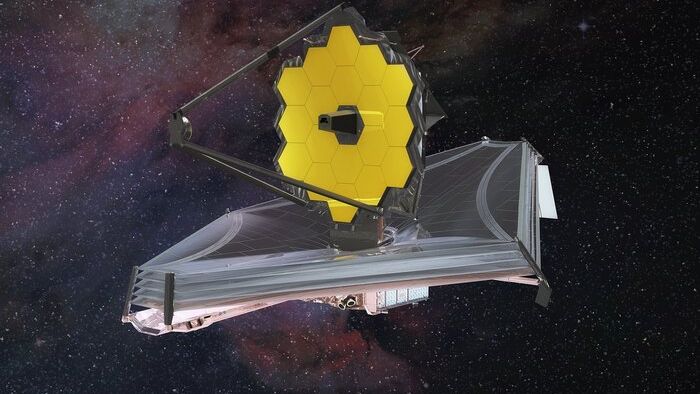They have been arrested ever since James Webb Space Telescope Pictures of the oldest galaxies ever seen: There are four of them and their “date of birth” has now been confirmed: they date back to a time when the universe was very young, between 300 and 500 million years ago, about 2% of its current age. This means that the four galaxies were also very young and in full formation. Time travel to the dawn of the universe dates back to two articles published in Nature Astronomy.
there research Signed by Emma Curtis Lake, from the British University of Hertfordshire, and the Italian Stefano Cargnani, from the Scuola Normale Superiore from Pisa, found in the data of the James Webb Space Telescope (Jwst) confirmation that those observed belong to the first generations of galaxies, still poor In complex elements, such as carbon, oxygen and nitrogen.
the other research By Brant Robertson, of the University of California, Santa Cruz, and the Swiss Sandro Taquila, of the University of Cambridge, in Great Britain, they gave other characteristics of the four galaxies, defining their dimensions and noting that the stars in each had a total mass equal to 100 million that of our sun.
“The galaxies were identified in December and now there is an important confirmation,” Cargnani told ANSA. The James Webb telescope allowed us to define them in detail: by analyzing the composition of the light, it allowed us to identify very clear signals in the ultraviolet wavelengths, helping to distinguish the four galaxies from others that have similar characteristics. The researchers then measured its speed based on the phenomenon whereby, due to the expansion of the universe, light from distant objects shifts toward wavelengths closer to the red end of the spectrum (redshift): the redder, the farther away the object is. All of this has allowed us to reconstruct these four very small galaxies. At the moment they do not have a name and are referred to by the initials Jades-GS-z10-0, Jades-GS-z11-0, Jades-GS-z12-0 and Jades-GS-z13-0.
“Models have predicted such ancient galaxies, but we are only now beginning to study their properties for the first time.” For example, he continues, “we now know that it was more than 50 times smaller and more compact than the Milky Way, and that a similar number of stars are formed annually within it as in our galaxy.”
For the first time, these observations tell us “how the first galaxies formed. In this snapshot of the first galaxies we see a picture of the ancient universe, telling us how it was evolving.”
For the future, Cargnani continues, “the idea is to find more ancient galaxies, which show us earlier stages of evolution than those that have been observed.”

“Infuriatingly humble alcohol fanatic. Unapologetic beer practitioner. Analyst.”


